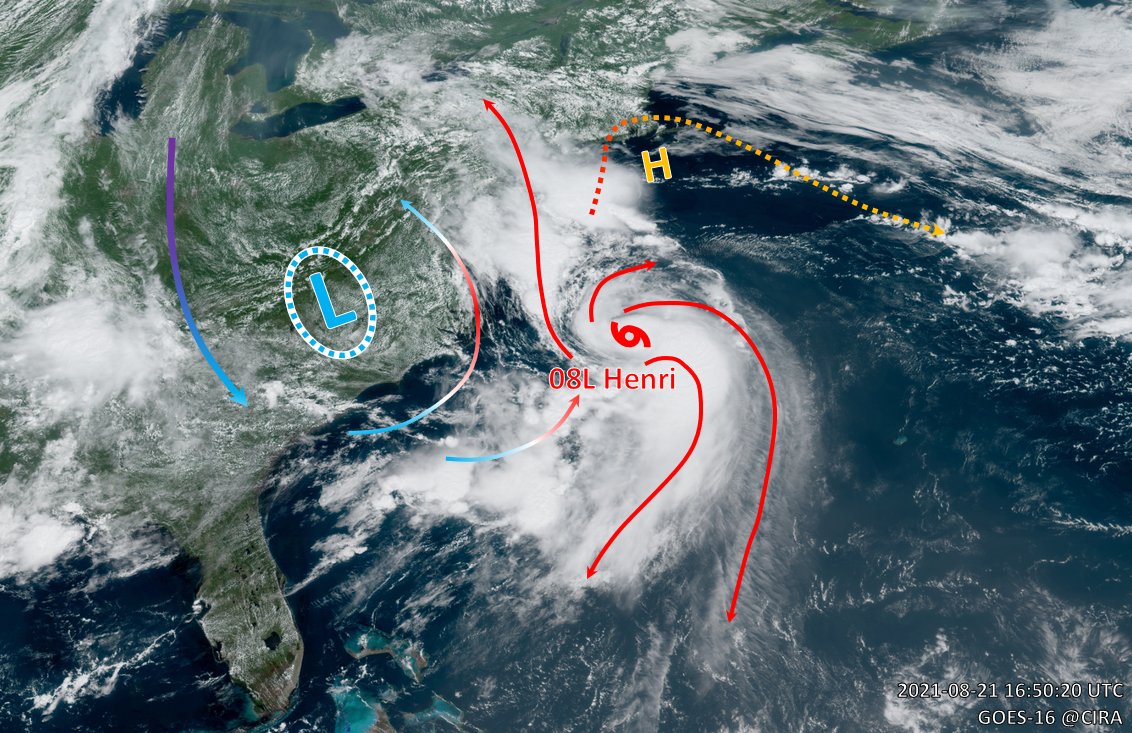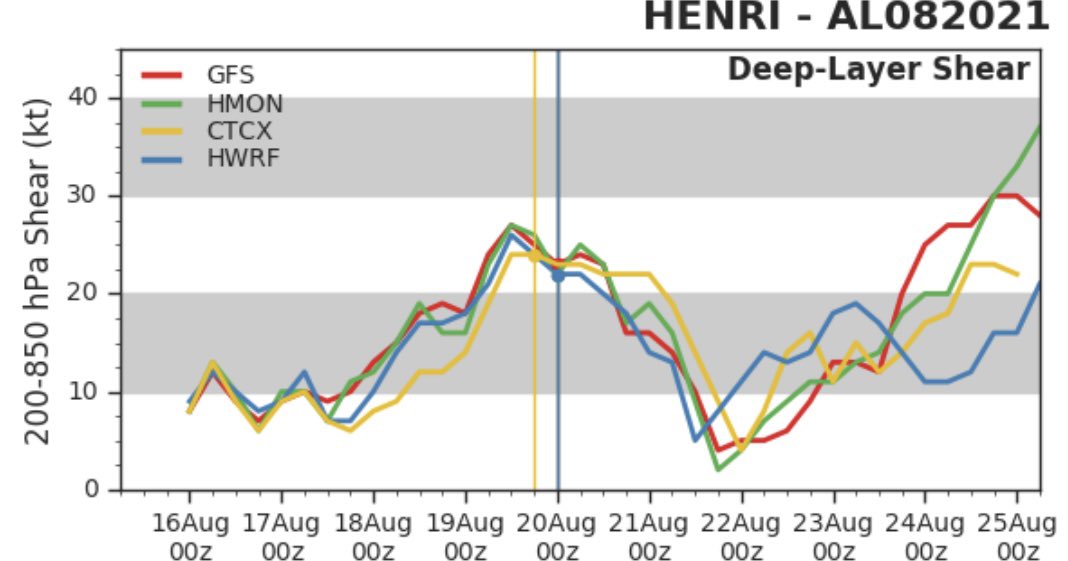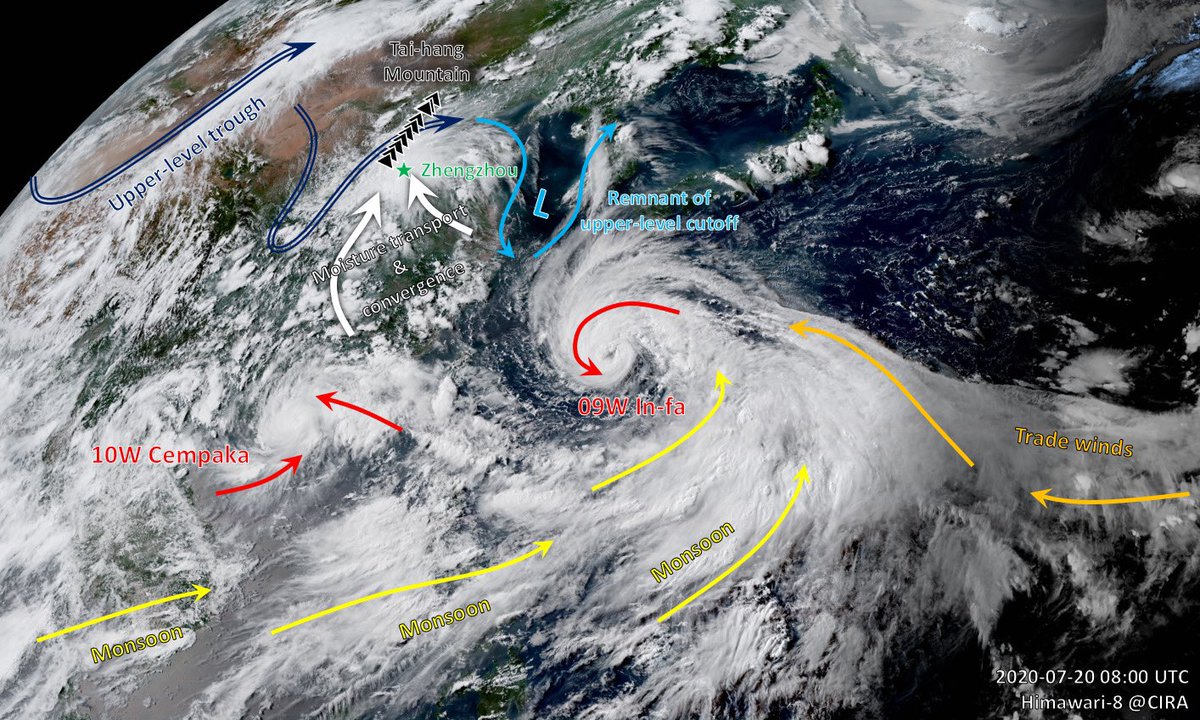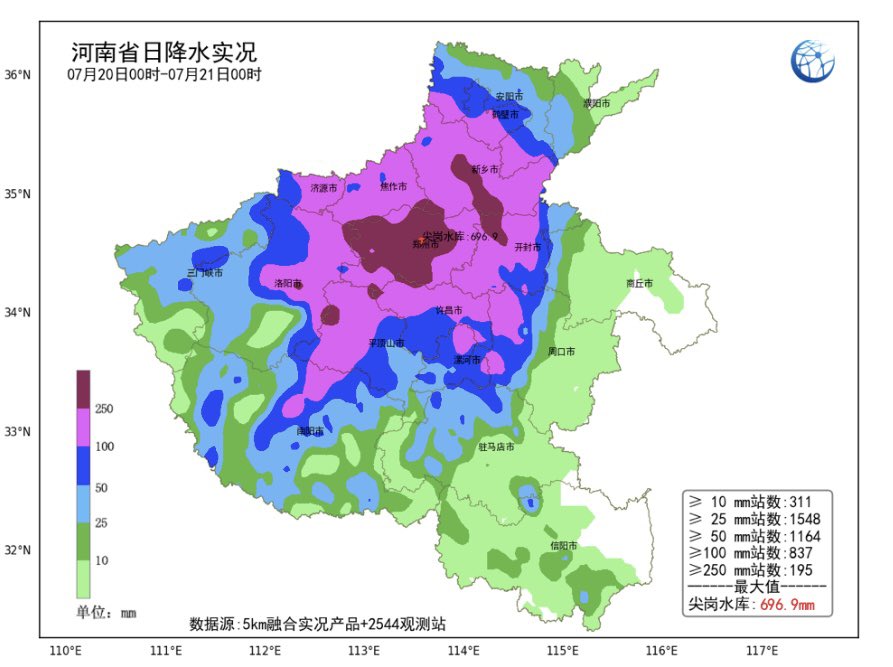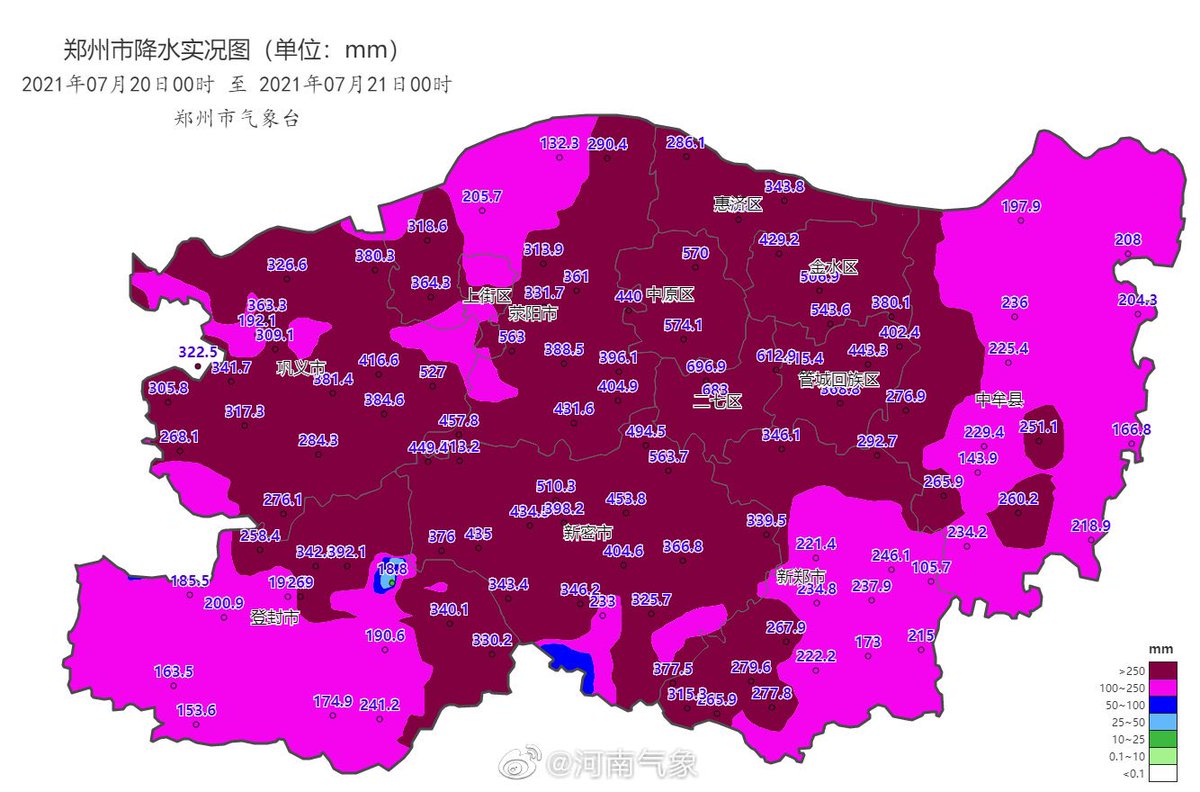
Historical hurricane analog for #Grace.. let's see if it'll drop further south in the Bay of Campeche 👀 

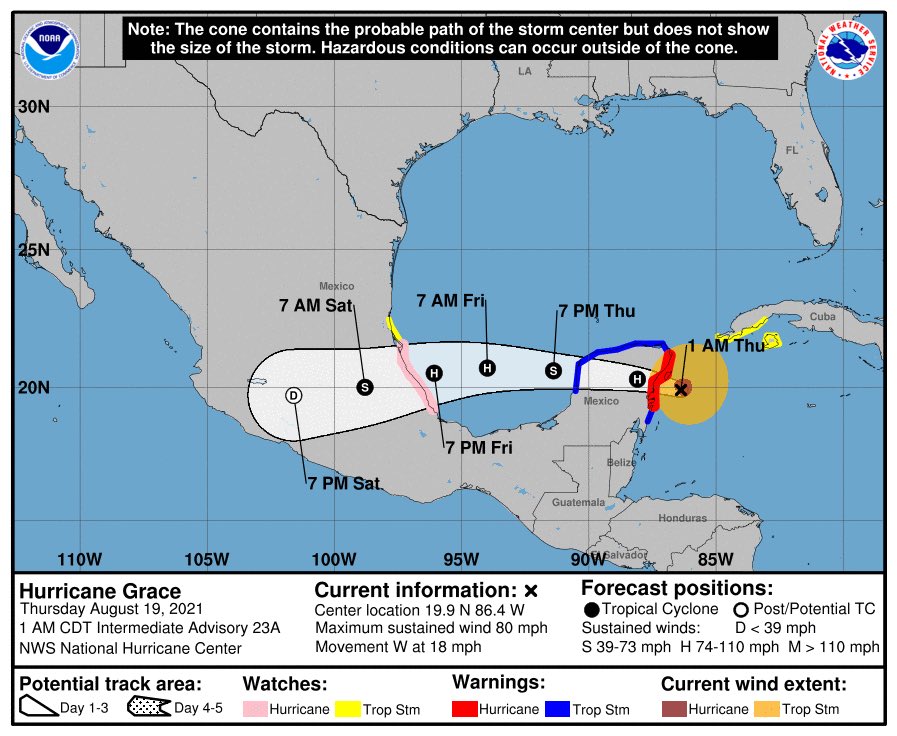

Update: #Grace has entered the Bay of Campeche.
Update: #Grace seems to be a tad too far north from the shore to replicate Hurricane Karl's case of TC-land interaction… there does not seems to be a vigorous coastal rainband to the south of #Grace at the moment. 

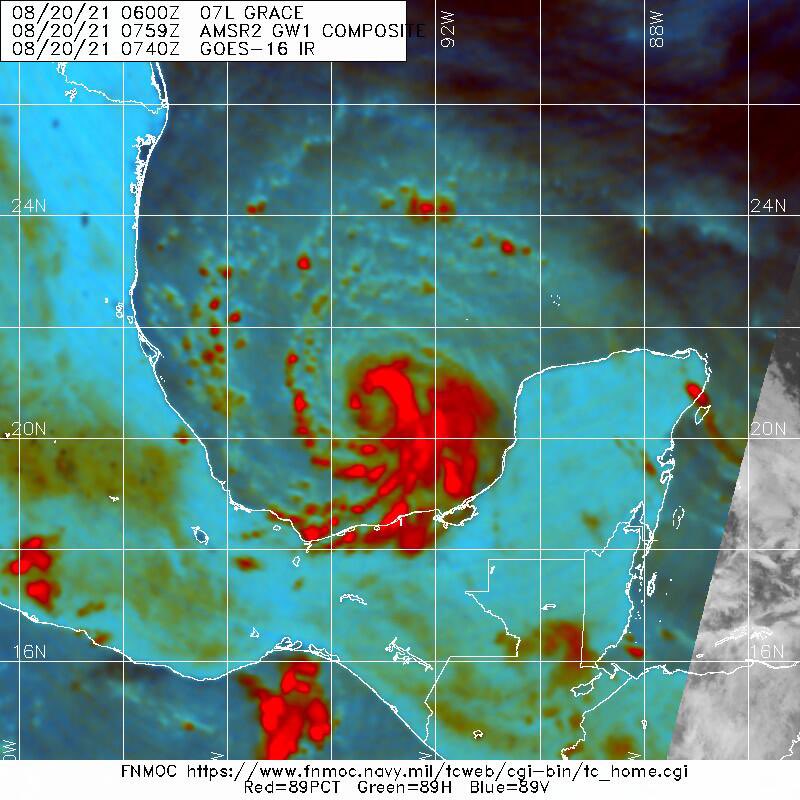
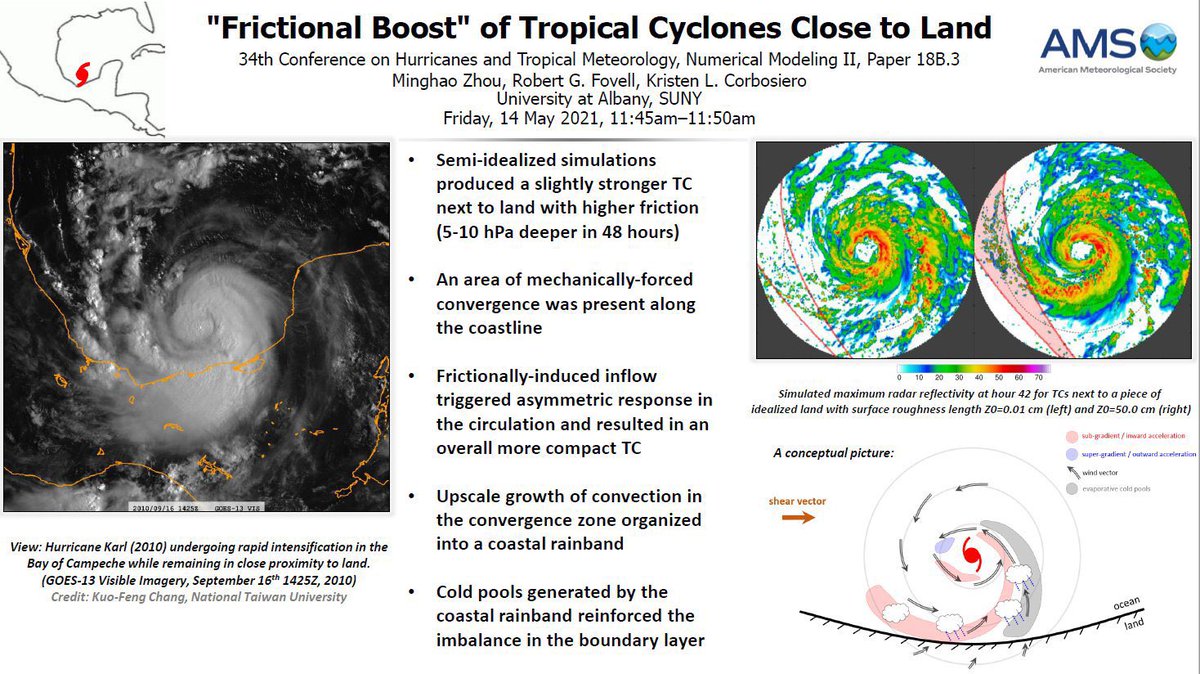
Overnight, however, we did see *some* convection developing along the S coast and robust upshear-wrapping cool cloud tops towards the NW at the same time that eventually formed the inner core of #Grace ✍️
This morning's microwave scan showed #Grace had an eyewall in formation as well as a faint signature of "coastal rainband". Latest recon confirmed #Grace acquiring Cat. 1 strength with a minimum pressure around 983 hPa. 


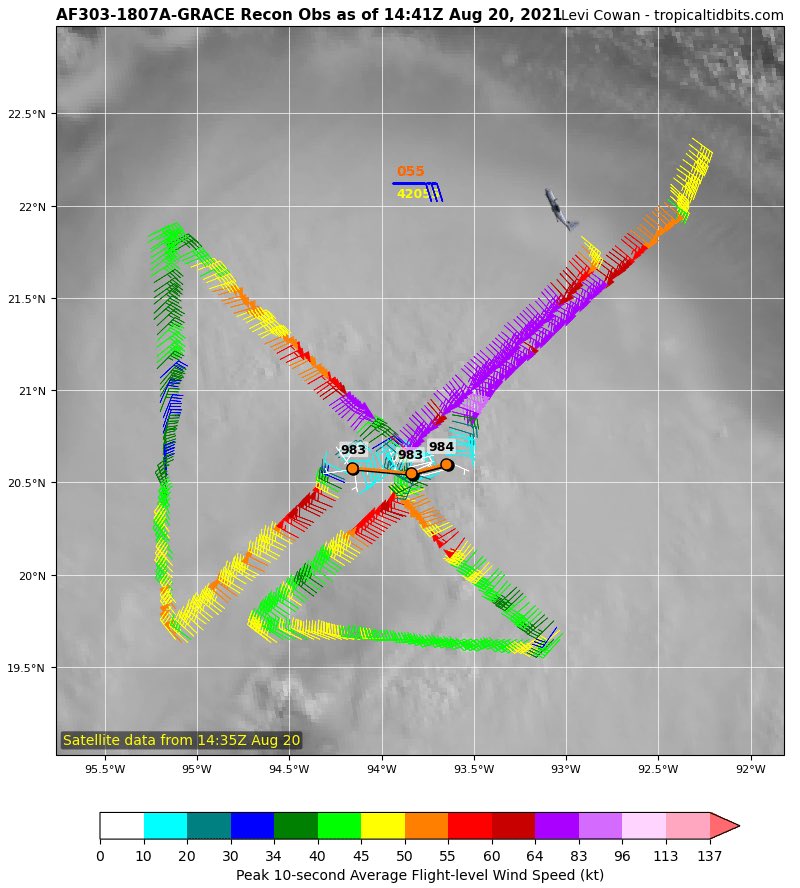
The wrapping of #Grace's core continues, albeit running out of time soon as it'll face the higher mountains on the west Campeche coast that killed Karl (2010) almost upon contact.
Eye see you #Grace 🤤🤤🤤 

Soooo basically #Grace deepened 15 hPa in 10 hours since the morning pass and became a Cat.2, 85 kts / 967 hPa at sunset… or 27 hPa / 30 kts strengthening in past 24 hours. That would officially classify as rapid intensification! 

Latest satellite loop shows a well-defined banding feature positioned along the coast to the west of #Grace with an eye trying to clearing out in the inner core.
Microwave scan also revealed a thick eastern eyewall in #Grace with vigorous convection. 

Latest recon shows that #Grace may have reached its peak intensity and started to weaken, as its inner core is coming close to the mountainous terrain in central Mexico. 



115 kt FL / 105 kts SFMR winds in latest recon pass for #Grace! However, this does not necessarily signify further intensification - it could well be the PBL supergradient jet that developed as result of differential friction and terrain barrier. It's highly asymmetric. 



In my idealized simulation of a TC tracking parallel to the coast, an asymmetric inflow branch developed between the TC and the land, wrapping downwind to the mirroring side of the eyewall. This inflow surge (and coastal rainband) disappeared when friction over land was removed. 







Just in : NHC has upgraded #Grace to a Cat. 3 hurricane with 105 kts maximum winds and 967 hPa minimum pressure. This makes #Grace the first major hurricane and strongest hurricane so far of the 2021 season.
https://twitter.com/nhc_atlantic/status/1428914262647328775
#Grace did it! What an overachiever. Proudly my Campeche storm!! 🙇♂️ 

Meanwhile, satellite performance of #Grace has been steadily deteriorating, despite terrific major hurricane winds sampled in E eyewall. Core is being interrupted by asymmetric inflow caused by land interaction, and the IR eye would never have a chance to clear out... Bye, Grace!
NHC further adjusted #Grace to be an 110 kt / 962 hPa upper-tier Cat.3 hurricane just prior to landfall. Not sure what's the rationale besides perhaps the last impressive dropsonde in NE eyewall & trend extrapolation? I haven't found any buoy or central Mexico obs at the moment.. 
https://twitter.com/nhc_atlantic/status/1428959563416363016

Achieved content: GeoColor satellite loop of #Grace crossing the Bay of Campeche and some serious Déjà vu for me.
Archived content: Band 13 (clean IR window) satellite loop of #Grace passing the Bay of Campeche in 30 hours.
Archived content: Band 16 (longwave IR for tropopause-visual enhancement) satellite loop for #Grace in the Bay of Campeche. Legendary.
• • •
Missing some Tweet in this thread? You can try to
force a refresh


